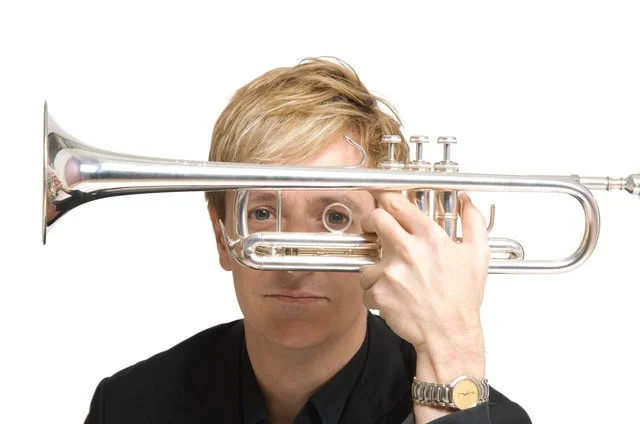Achieving praxis between stage and pit: Boleslavsky’s Six Lessons for musicians
This paper investigates how the theories and ideals of Konstantin Stanislavski can be applied by musicians in musical theatre performance and uses the mode of interdisciplinary study to cultivate a practical method for musical performance, offering a means of developing aesthetic language for musicians with the goal of enabling greater connection between musicians in the orchestra pit and actors on the stage.
After a survey of Stanislavski's practical methods and theories, and how they interact within modern musical theatre performance, a model for the practical development of an aesthetic language for theatre musicians will be defined using Boleslavsky's 'Acting: the first six lessons' as a catalyst. Boleslavsky was the first exponent of Stanislavski's system in the United States, and his teachings in in New York during the mid- to late-1920s had "…a profound influence on those who would become leading figures of the theatre over the next decade…"i – precisely the period in which the form of the musical was evolving on Broadway. Boleslavsky's text, 'Acting: the first six lessons', provides a clearly defined step-by-step approach to teaching the Stanislavski system and one that translates well for the musician. By taking Boleslavsky's text and, through the lens of Stanislavski, translating the teachings for use by musicians this essay will demonstrate how the techniques of one practice can be applied within another to better integrate complimentary disciplines within in an interdisciplinary medium. This opens up new areas of exploration for directors, writers, and other creatives within the theatre and provides a pedagogical framework for musicians. While the focus of the lecture is on developing skills and techniques for performances within a musical theatre context, the methods described are applicable to all genres of music and can be applied to all modes of performance.
Bio
Adrian Kelly has built an international career as a multi-faceted musician; performing, recording, and writing pop, classical, and jazz music. Adrian and is currently engaged in PhD research at Edith Cowan University (Perth, Western Australia). In 2019, Adrian formed and led a working group that developed into The Western Australian Jazz Project, of which he is now the managing director. He has served on the board of the Australian Trumpet Guild since 2019.
His jazz group The Adrian Kelly Quartet has headlined at festivals and jazz clubs in China, Hong Kong, Singapore, Malaysia, and Australia. Adrian has released four albums featuring his jazz compositions including the collaborative album with trumpet artists from New York, Chicago, and Boston, entitled Intercontinental Drift, and won the 2007 WA Music Industry Song of the Year Award for that album's track, 'Curious
Yellow'. 2012 saw the release of Adrian’s CD, Chinese Whispers 細語, featuring music
from, and inspired by, China. Visions a suite of pieces for improvising quartet written to accompany the visual art of Robert John Kelly (Adrian's father), and Cry, "Wolf!" an album of music featuring an artificial intelligence 'improviser' along with an electric jazz quartet.
Adrian has an extensive career as a freelance musician, including performing as a regular member of Motown legend Bobby Taylor's band from 2013 to 2017, and performing and touring internationally in 2007, and 2010/11, with Chinese pop superstar, Jacky Cheung: performing to over three-million people at 175 performances. Adrian has performed on more than thirty musical theatre productions since 2005. He has delivered classes in jazz music and trumpet at Edith Cowan University, The University of Western Australia, and the Hong Kong Institute of Education. In 2019, Adrian released a set of Eight Theatrical Etudes – available from qPress Music Publishing.
